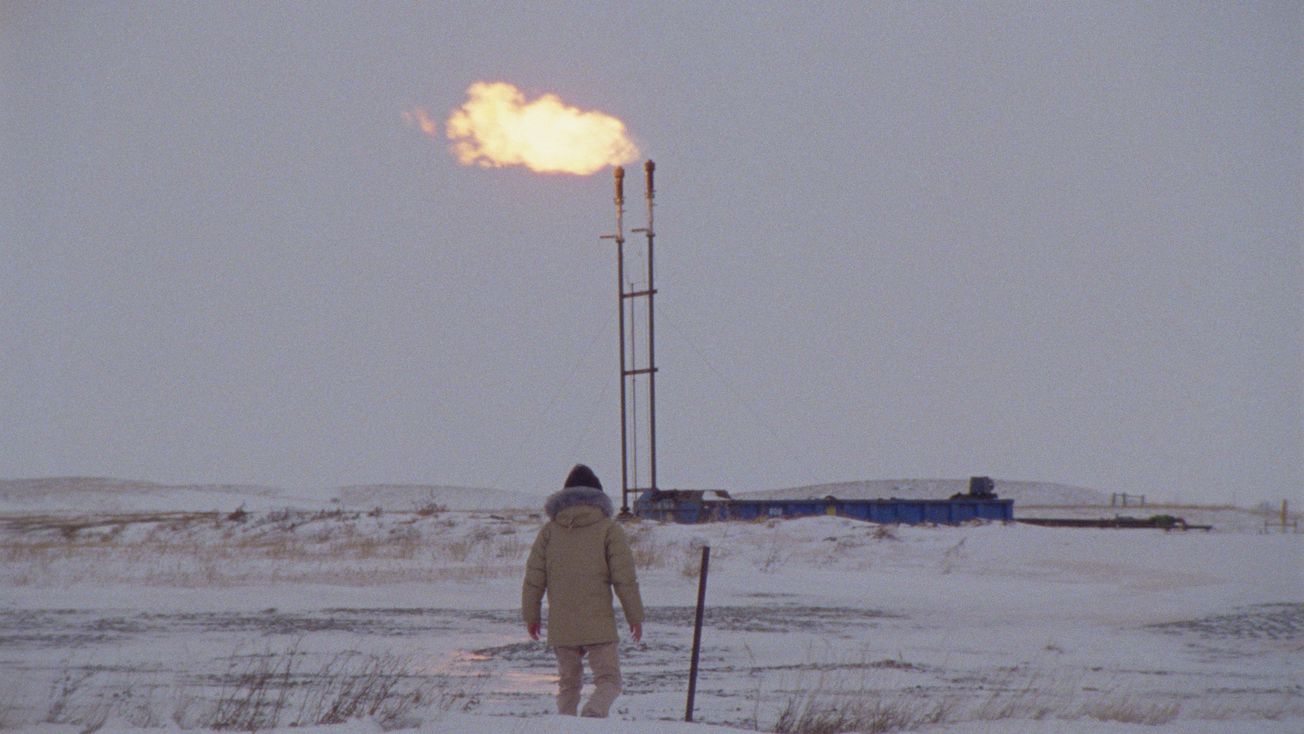By Luc Gauci Green, First year, English and History
This heist-meets-climate-change-film, despite its exciting action, feels hugely significant as a socio-political statement in the climate crisis' looming shadow.
Daniel Goldhaber, Ariel Barer and Jordan Sjol’s How to Blow Up a Pipeline (2022) is a brilliant adaptation of Andreas Malm’s 2021 book of the same name. The film is a fast-paced thriller following environmental activists as they scheme to (you guessed it) blow up an oil pipeline. Intense scenes of bomb-making are matched with stress-inducing mishaps, creating a nail-biting experience.

The eclectic group’s reasonings for such drastic action gradually reveals itself in poignant flashbacks, garnering sympathy. Additionally, there’s an interesting questioning of civil rights movements and the presentation of activists as terrorists. Through this, we see a questioning of morality and the damage the group’s actions could do to the average person, presenting a sense of desperation.
The cinematography was sometimes reminiscent of a Wes Anderson film through its framing and use of light and colour. Expansive, desolate surroundings, broken only by ugly edifices, exposed the bleak man-made destruction of natural places. The combination of slowly panning wide shots with static close-ups helps to create a tense and gritty atmosphere, reflective of the high-stakes situation.
A spacey, almost techno, soundtrack adds angst to each high-intensity scene leaving the audience on a knife-edge of tension, never quite sure if the plan will succeed.

Barer, Sjol and Goldhaber succeed in expressing a wide array of personalities whilst avoiding cliché, which ensemble casts can very easily fall into with the wrong writing and direction. The dialogue, at times serious, at times humorous, and most importantly, always felt natural.
The flashbacks dotted throughout the action provide a sense of relief from the ever-increasing stress of the group’s situation. Furthermore, they provide ample seriousness and emotional weight to enable the audience to grasp the gravity of the climate crisis and the genuine consequences of large corporations’ actions, which sometimes can be overlooked in our global perspective on the issue.
This hectic mix of high-stress scenarios and heart-rending recalls creates a constant emotional push and pull.

Overall, this film has everything: action, touching moments, and a very pressing call to radical action. With a great story, cinematography, and much food for thought, I could not recommend How to Blow Up a Pipeline more. It truly is an incendiary film!
Feature Image: by Neon, courtesy of IMDB
Did this thrilling film spark your interest?









